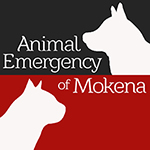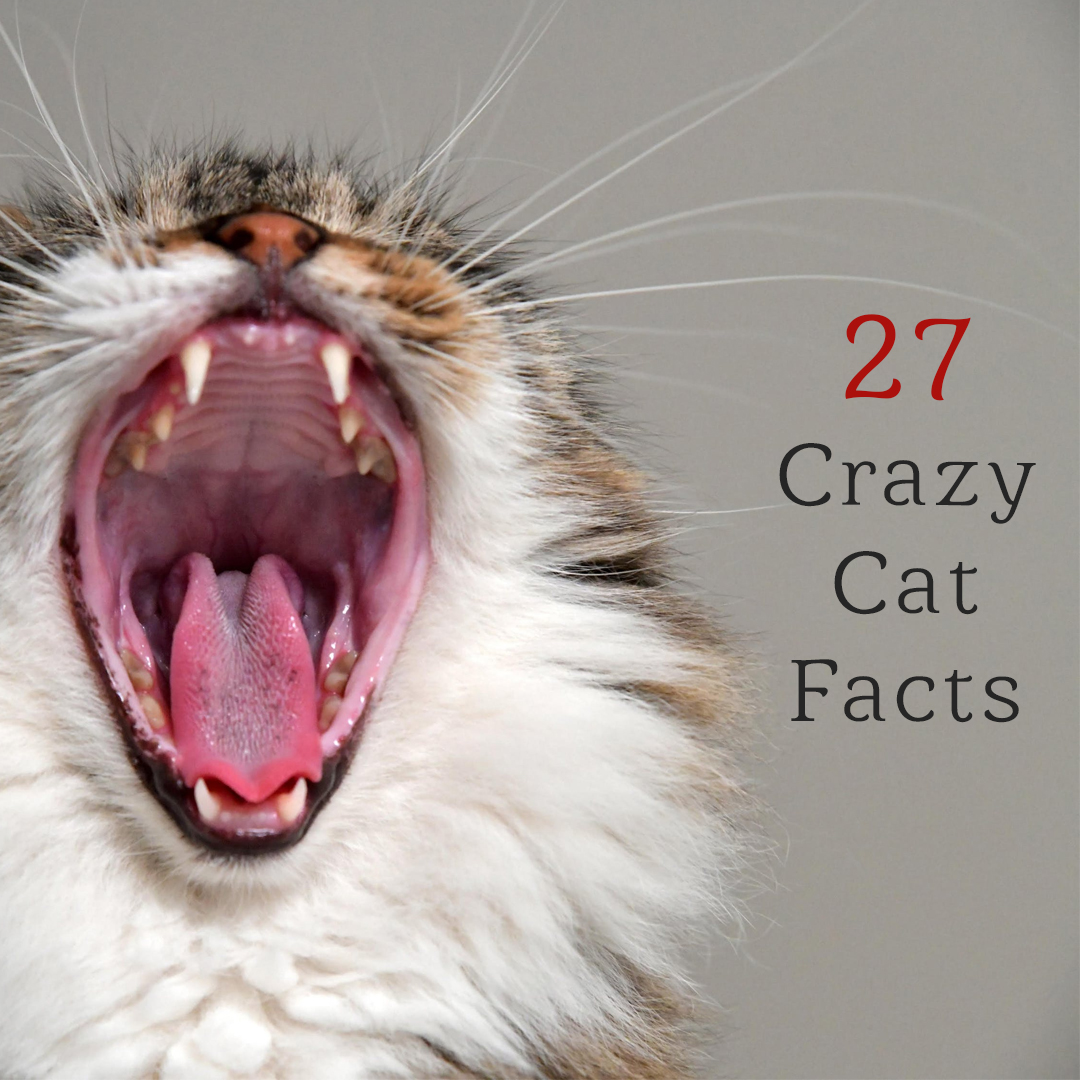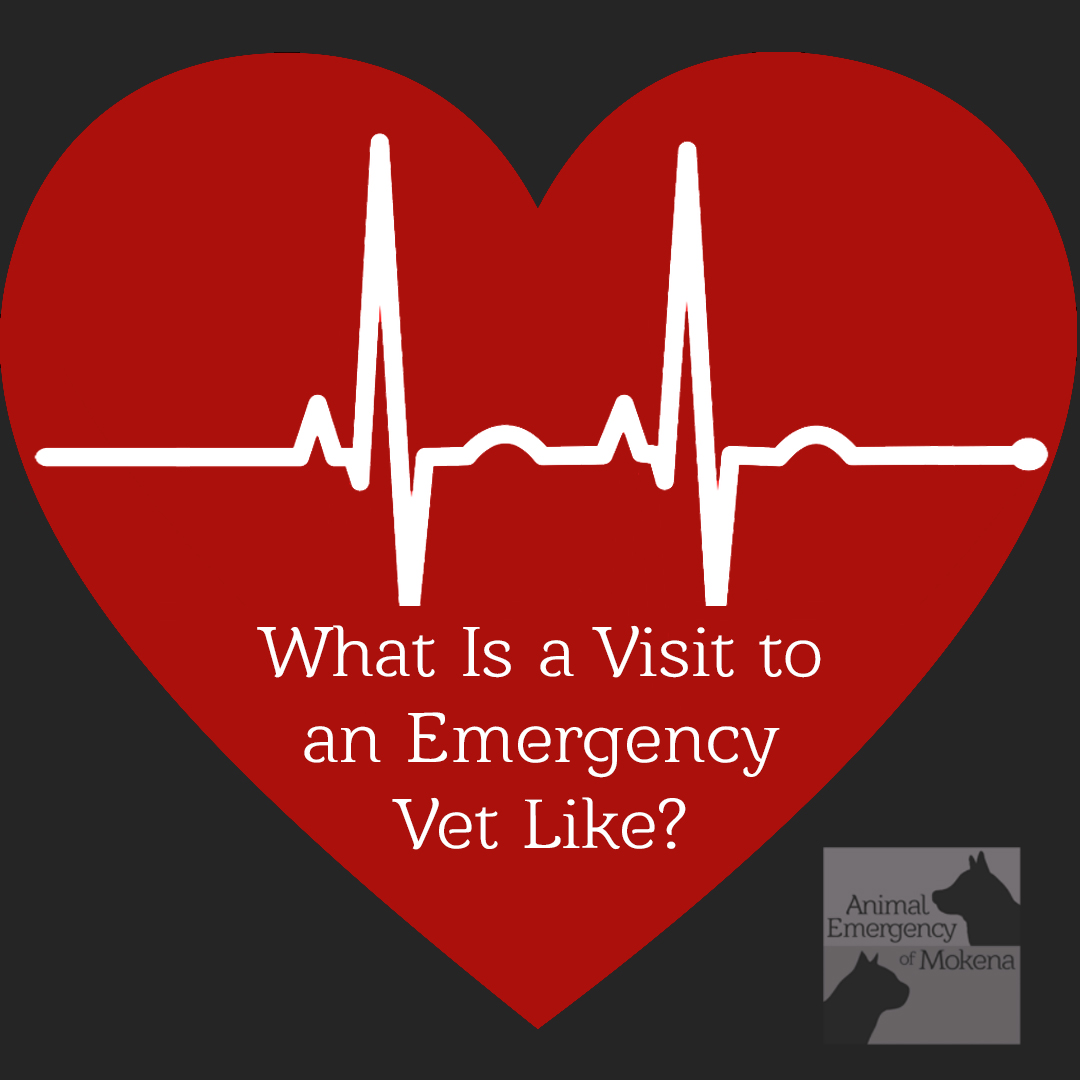If you’re anything like most of the pet owners we’ve met, you probably find it excruciating to see your pet in pain of any kind. And to add to that difficulty, you can’t even ask them how they feel like you can with a child.
So, it can be really challenging to know whether you need to visit an emergency vet or can safely wait until your regular vet is available. We understand this conundrum and will always do anything we can to help you determine the best course of action.
Keeping in mind that every situation is unique, here are some tips you can use to help you decide what your pet needs.
- Breathing and respiratory issues should be addressed as soon as possible. You should always bring your pet to an ER vet if they present symptoms such as blue gums, coughing up pink, frothy liquid, panting or stretching their neck out while breathing.
- Pale gums are a sign of anemia, so be sure to visit us if you spot this symptom.
- All pets experience occasional vomiting or diarrhea. But if the issue keeps repeating or if you find blood in their vomit or stool, then it’s definitely a good call to visit an ER vet as this could be the sign of ingested toxins or an intestinal blockage.
- Gastric dilatation and volvulus (GDV) is a very serious health problem for dogs, so if you see any symptoms of GDV, don’t delay in getting to a vet. Signs can include a distended abdomen, unusual restlessness and excessive panting.
- Trauma is always sufficient reason to bring your pet into the ER. Common traumas include falling from a high place, being bitten by another animal, getting hit by a vehicle, or any type of accident that can result in bleeding, broken bones, wounds, internal injuries or shock. Even if they appear to be OK, you should always get them checked out by a vet.
- When you suspect that your pet has ingested something dangerous, do not hesitate to bring them to an emergency vet. This can include a toxic substance or a foreign object. Even if you didn’t witness them eating something harmful, watch for warning sings like vomiting or unusual sluggishness.
- You know your pet pretty well, so if you see any major changes in their eating habits, this is often a sign of a serious health issue. If they’re not eating and drinking as they normally do, something is wrong.
- Difficulty urinating is a sign of several serious health issues, so it is not something that should be ignored or taken lightly.
Visiting us in the middle of the night is probably not your idea of fun. But peace of mind is always better than regretting a decision to wait.
This is, in no way, an exhaustive list of all the reasons you may need to visit an emergency veterinarian. So, if you are concerned, it never hurts to give us a call.
When it comes to the health of your beloved pet, it’s best to err on the side of caution,







